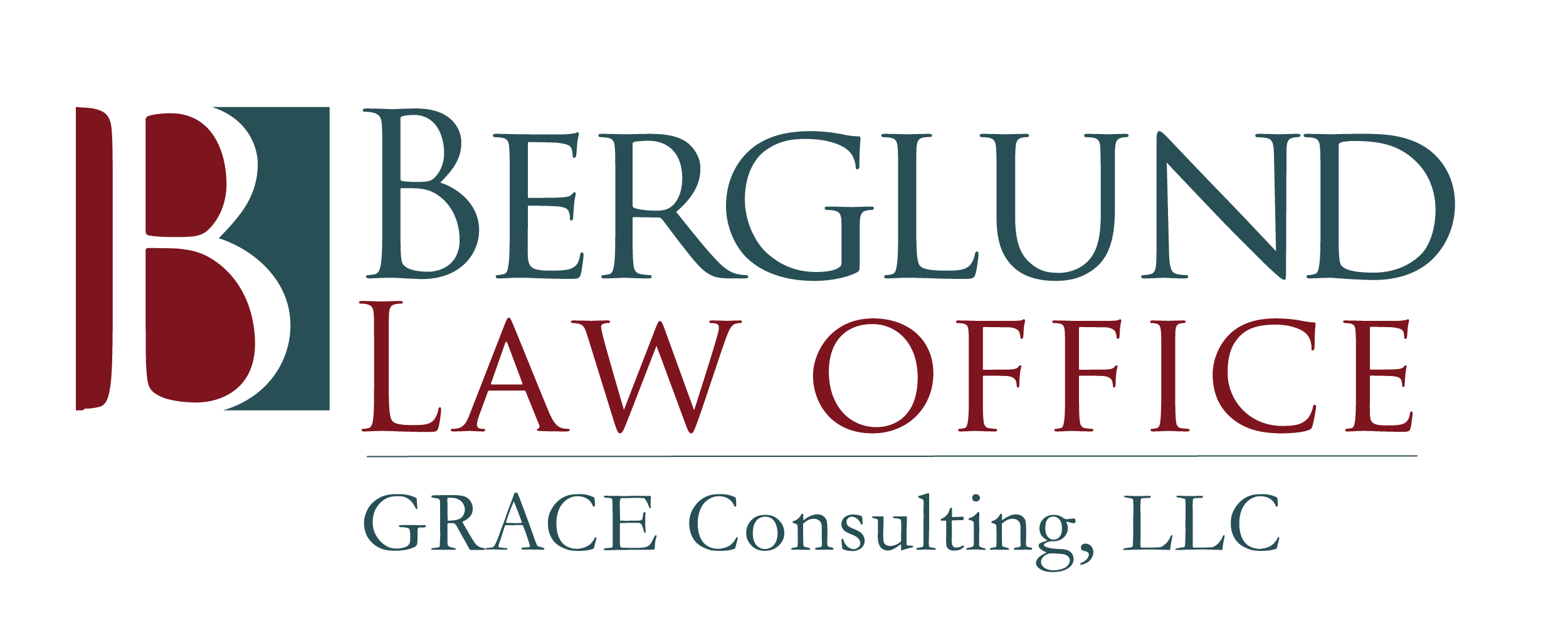
WHAT IS PROBATE IN MN?
What is “Probate” in MN? Probate is the legal process of obtaining court authority to transfer property of a person after death. To start a probate case, a petition or application must be filed with the probate court and a “personal representative” must be appointed by court order.
The personal representative is responsible for a number of things including the following:
- Collecting, appraising and making an inventory of the assets of the decedent;
- Protecting the assets of the decedent’s estate;
- Paying the valid debts of the decedent; and
- Properly distributing the remaining assets to the decedent to the proper parties in accordance with state law.

“Probate” includes the probate court determining how assets owned by a decedent are transferred to beneficiaries. Probate also includes the process of determining the validity of your will, assures that valid claims against your estate are paid, and establishes clear title to your assets. Probate can be time consuming and costly, and it makes your estate information public.

PROBATE: WHAT IS IT?
- “Probate” is the legal process of settling your estate in court after you die.
- Probate starts by filing and application.
- Minnesota courts handle the estates of minnesota residents AND others who own REAL ESTATE in Minnesota.
- IMPORTANT: Having a will DOES NOT avoid probate! A will is your “ticket” to probate court.
- The probate court deals with assets that are owned BY YOU- i.e., assets held by YOU in your own name or where you are a tenant in common.
- Many forms of ownership DO NOT have to be “probated”, including:
- Assets owned in “joint tenancy” and joint bank accounts;
- POD accounts;
- Insurance policies and fianancial accounts for which BENEFICIARIES have been named;
- “Small” estates (personal property totaling less than $75K
- Transger on Death Deeds (TODDs).
Whether or not the decedent’s estate must be probated is determined by the nature of the assets owned by the decedent when he or she died. The fact that the decedent had a will or not is only one factor to be considered.
Assets titled in the name of the decedent only must go through probate before they can be distributed to the proper heirs. Assets owned in joint tenancy, assets for which beneficiaries have been named, assets with “pay on death” (POD) or “transfer on death” (TOD) designees, and assets which have been properly transferred to a trustee do generally NOT have to go through probate.
